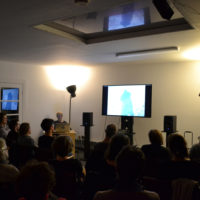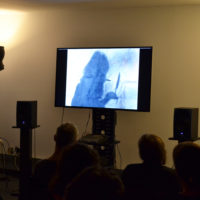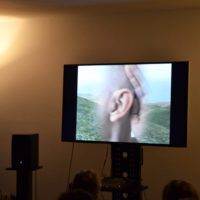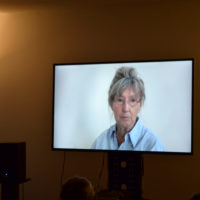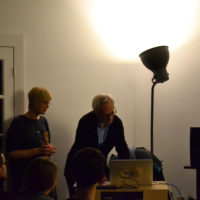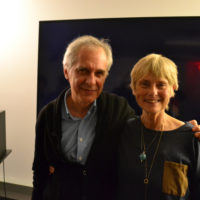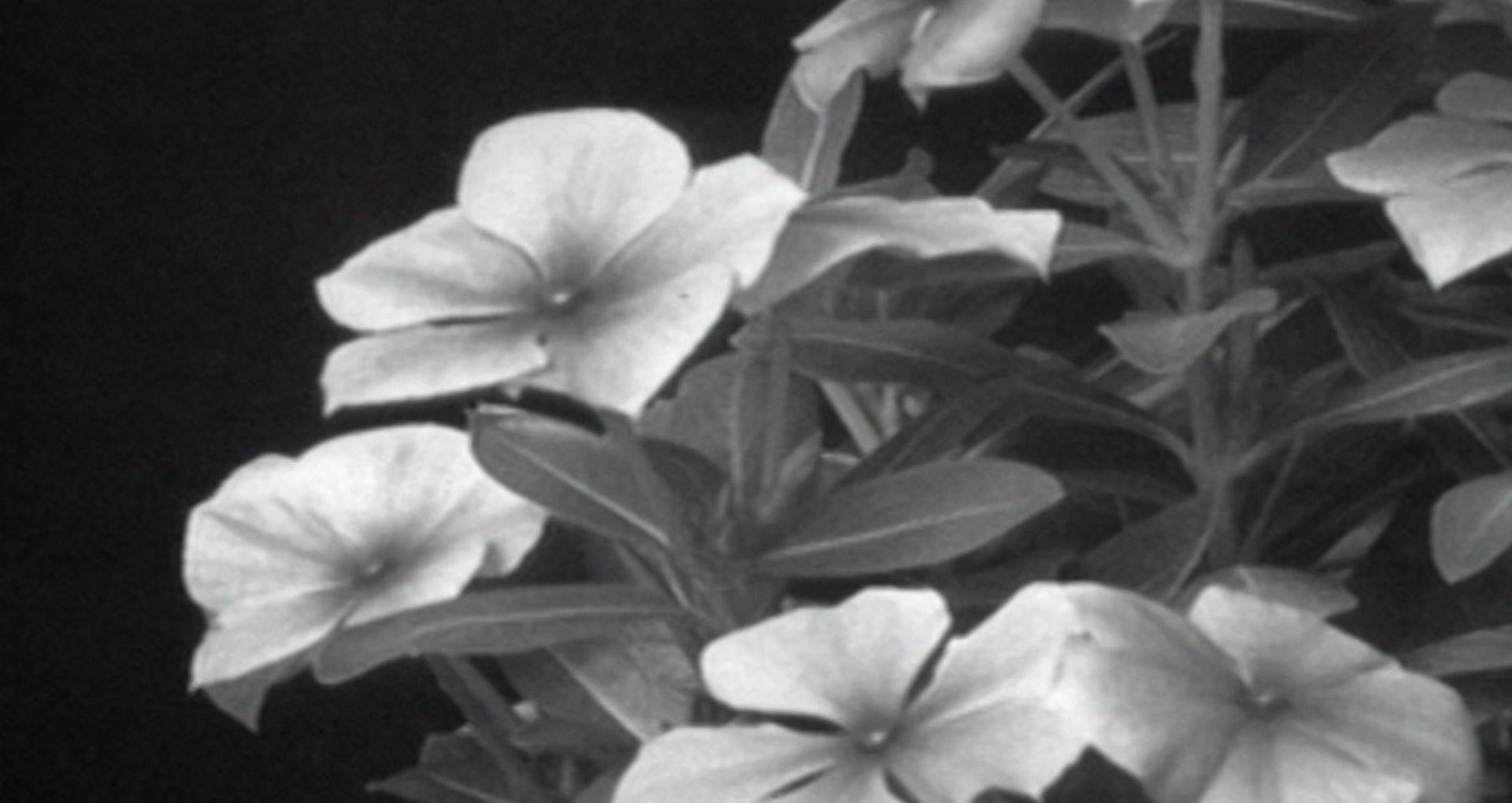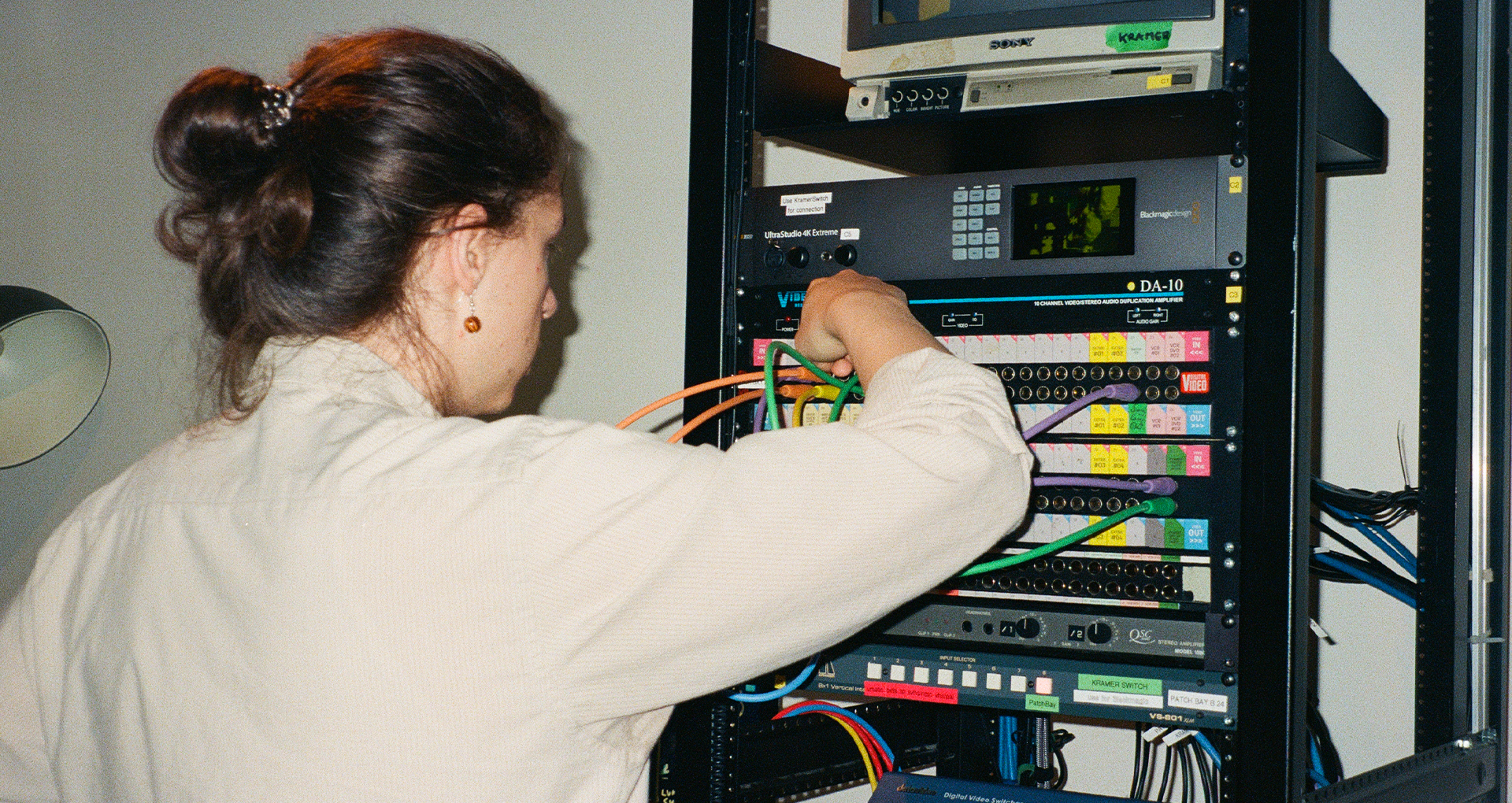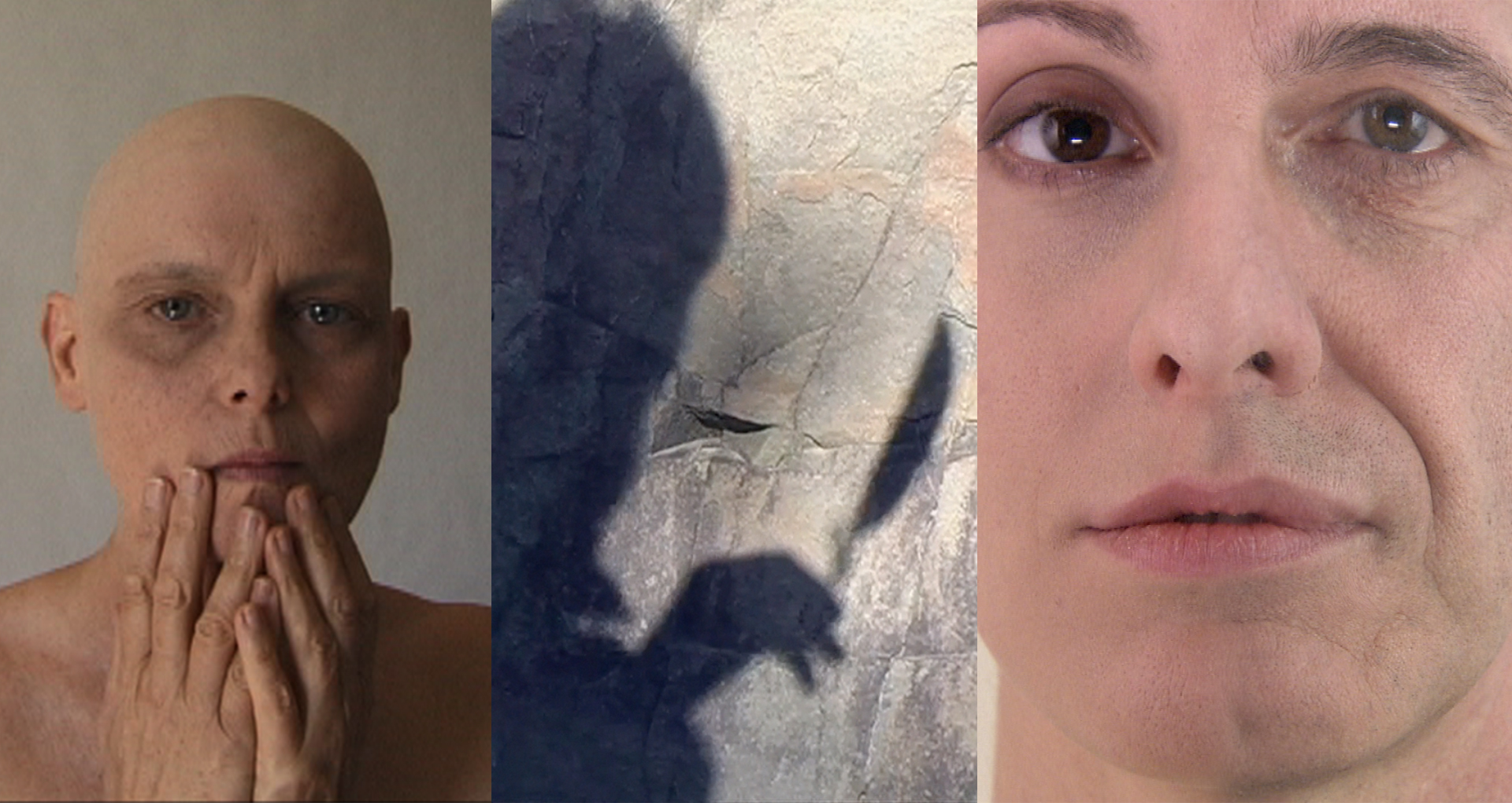
Left : © Chantal duPont, Karma ; Center : © Madelon Hooykaas, schaduw + veer ; Right : © Mario Côté, Tableau 20
Screening & discussion with Chantal duPont
Screening and discussion
Blue Card: Nomadic Images
The video artist Chantal duPont, will be our guest for the sixth Videograhe’s “carte blanche”, and will offer us an eloquent evening on her video practice and her artistic collaborations.
A Blue Card for images that traverse oceans. Chantal duPont has put together a selection of her video works and those of two artists who have influenced her practice: Montréal’s Mario Côté and Madelon Hooykaas of Amsterdam, Netherlands.
The artists use images in their artistic process that travel from one work, context, and time period to another. Through their roaming, nomadic images of faces, bodies, or landscapes may take an idea further or take on another meaning altogether. In certain video works, the body’s memory is triggered through the presence of a shadow, a fragmented face, or a simple gesture.
PROGRAMME : (57 min 34 s)
Chantal duPont
– De cœur et de paroles, 1999, Chantal duPont and Élisabeth Wörle, 1min 41 s (extract)
– Head strong, 2000, 4 min (2 extracts)
– Seeing with your fingertips, 2004, 2 min 18 s (2 extracts)
– Karma, 2006, 1 min 30 s
– Faces, 2013 (extract 28 s)
– Cartes et territoires, un parcours, 2015, 7 min 47 s (4 extracts)
– At the Lightest Touch, 2013, 3 min (2 extracts)
Madelon Hooykaas et Chantal duPont in memory of Elsa Stansfield
– Interview with Madelon, 2016, Amsterdam studio, 3 min 23 s
– After Image/After Language, audio and video installation, in situ, Sept. 2006
Parc La Fontaine, Montréal, 15 min, Documentation (extract 3 min 3 s)
– After Image/After Language, audio and video installation, in situ, Sept. 2006 (extract 6 min 11 s)
– Interview with Madelon, 2016, atelier Amsterdam, 1 min 23 s
Haiku, The art of the present moment, 2007, 7 min (extract hiver)
Mario Côté
– Tableau 16, 1992, 4 min 14 s (extract 1 min 58 s)
– Tableau 20, 2009, 15 min (extract 2 min 37 s)
– 5 Tableaux 5 Paysages, 1994, 16 min 18 s (extract 2 min 40 s)
– Tableau 20, 2009, 15 min (extract 5 min 29 s)
Biography
Chantal duPont has taken part in many international video festivals and individual and group exhibitions in Quebec and abroad. She is the winner of the 2005 Bell Canada Award in video art. Her work is internationally recognized and has received awards in several festivals, including events in Belgium, Colombia, France, Portugal and in Montreal, where she won the Prix à la Création artistique from the Conseil des arts et des lettres du Québec for her video Du front tout le tour de la tête.
Since 1996, the content of her video works and installations tackles the themes of family and cultural identity, self-representation, the vulnerability of the body, memory, writing as object and process of creation. She is interested in various narrative forms that can lead the transition between reality and fiction brought by digital. chantal-dupont.ca




